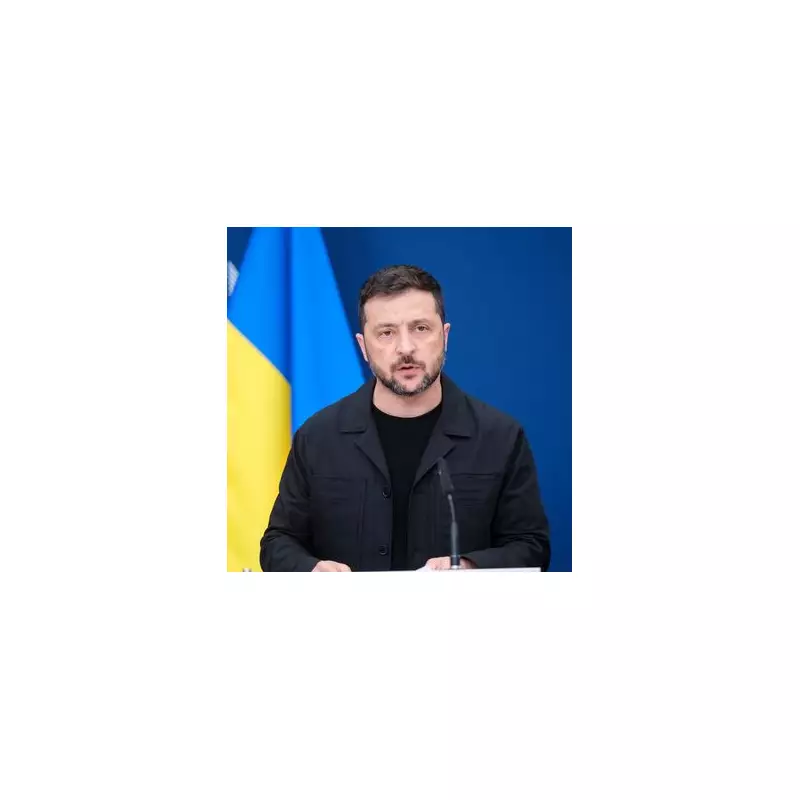
In a powerful and direct address, Ukrainian President Volodymyr Zelensky has thrown down the gauntlet to former US President Donald Trump, casting serious doubt on his capacity to navigate the brutal realities of the war in Ukraine.
Speaking exclusively from Kyiv, Zelensky delivered a stark message, challenging Trump to step out from behind vague promises and reveal a concrete strategy to end the bloodshed. "If Trump knows how to finish this war, he should tell us today," Zelensky stated, his tone a mixture of defiance and weary resolve. "If there are risks to Ukrainian independence, if we lose statehood – we want to be ready for that, we want to know."
A Challenge to 'Manage' the Unmanageable
The Ukrainian leader's comments were sparked by Trump's recurring and boastful claim that he could end the devastating conflict "within 24 hours" if re-elected. Zelensky offered a grim rebuttal to this assertion, drawing from his nation's two years of lived experience under relentless Russian assault.
"It seems to me that the sole idea that someone can manage the war in which tens of millions of people have been embroiled… is bizarre," he remarked, highlighting the sheer scale and complexity of the conflict that such rhetoric dangerously oversimplifies.
An Invitation to Kyiv
Extending a formal invitation, Zelensky urged Trump to witness the situation firsthand. "I invite Trump to Kyiv – but only if he can keep his word. I am not joking," he declared. This move is seen as an effort to force the former president to confront the human cost of the war and move beyond campaign trail soundbites to substantive policy discussion.
The interview also touched upon the high-stakes US election, which Zelensky acknowledged carries immense consequences for his country's future. He expressed a clear preference for the continued support of the current Biden administration but emphasised that Ukraine's ultimate reliance is on the American people and their institutions, not any single individual.
This powerful intervention from a wartime leader underscores the deep anxiety in European capitals about the potential shift in US foreign policy and serves as a sobering reminder of what is truly at stake.





